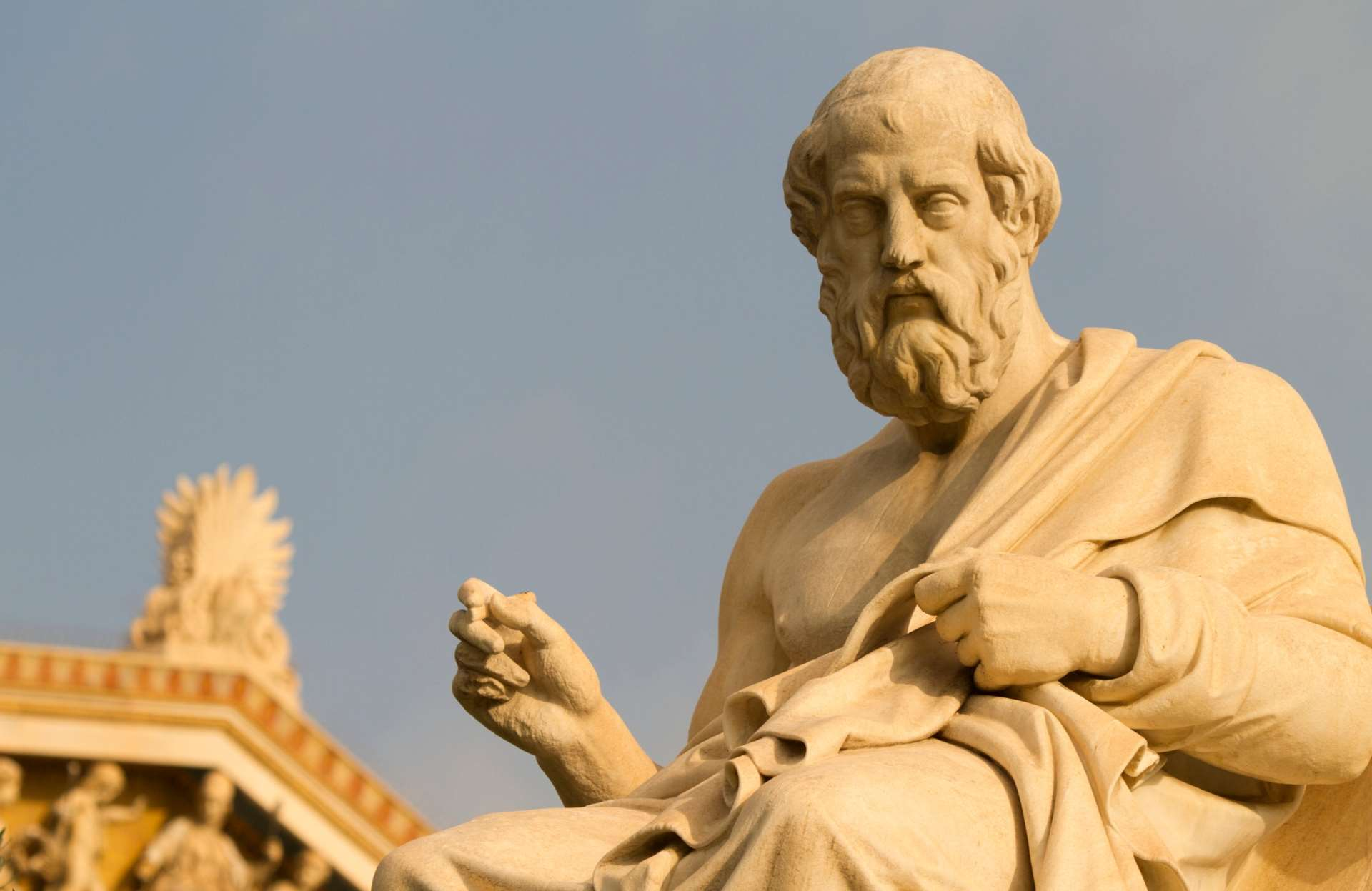The darkest pages of the history of the newly established Greek state began to be written immediately after liberation from the Ottoman yoke.
Revolutionary fighters, some maimed from battles, along with widows and orphans, wandered the streets, ragged and begging for a piece of bread. In contrast, the privileged members of the Palace and those with access to the corrupt political system of the time enjoyed hefty salaries and pensions.
Nikitas Stamatelopoulos, known in history as Nikitaras the Turk-slayer, Georgakis Olympios, General Dimitrios Makris, the Filiki Etaireia member Panagiotis Sekeris, and the legal expert from Crete, Manolis Vernardos, are just some of the fighters who sacrificed everything for freedom and died in extreme poverty. Many lesser-known warriors were also forgotten in their misery.
General Ioannis Makriyannis vividly describes this misery in his Memoirs, writing (Book III, Chapter 4):
Dimitrios Makris (1772-1841) was a fighter in the 1821 Revolution. He was a member of the Filiki Eteria and one of the strongest militia leaders in the struggle in Western Central Greece
“... the fighters, the widows of the slain, and the orphans of those who sacrificed their own for the hardships of the homeland, wander barefoot, suffering in the streets, asking for a 'little bread.' The filth of Constantinople and Europe, carriages, balls, luxuries, opulence — a multitude. These are our masters, and we are their slaves."
Makriyannis was one of the few who had begun to receive his rank’s salary. For him, this was 360 drachmas, a very decent salary for the time. However, as he writes (Book III, Chapter 2):
"I saw this, and people were dying in the old churches — chieftains and others, from hunger and cold. Then I thought: 'The fighters are dying from hunger, and we few are being paid? We, the few, brought freedom? Should we not also cut our salary so that our fellow fighters can receive theirs?'"
Makriyannis’ suggestion and his protests to the Regency displeased the Bavarians, and even the leader of the French Party and member of the first governments, Ioannis Kolettis, accused him of preparing an anti-monarchist revolution.
Unfortunately, this sad situation continued in the following years, with many fighters vainly hoping for justice through the awarding of a military rank for their service to the new army, or a decent pension.
"Some were given ranks unjustly, while others were denied the appropriate ones," stated a senator on July 11, 1849, during a Senate session discussing a bill for providing dowries to the orphaned daughters of soldiers.
However, the Minister of Finance and future Prime Minister, Dimitrios Voulgaris (nicknamed "Tzoubes" for his long cloak), rejected the senators' request, repeating a promise made by many ministers that the issue would be addressed with a bill on pensions.
In vain, a senator reminded him that the National Assembly of September 3, 1843, with Resolution 5, had called for a committee to be formed to examine who had the right to claim compensation, noting that "in Greece, during the War of Independence, there was no particular class of soldiers, but all fought to the best of their ability and contributed in various ways to the fight for independence."
After the arrival of Kapodistrias, there remained a military body, while the rest returned to their domestic affairs or entered the political stage. Later, the Regency deemed the existence of a regular army necessary for the security of the state and appointed a committee to examine the services of each fighter and reward them according to their contributions with the corresponding rank. Many complaints were raised by various fighters.
In the following years, the forgotten and wronged fighters, along with their widows and orphans, began sending petitions to the ministries, detailing their struggles and typically requesting financial assistance.
These petitions, after the forced concession of the Constitution by King Otto, began to be directed to the Parliament and the Senate. Unfortunately, however, the result did not change. Although both legislative bodies appeared to support the requests, the ministries did nothing...
In some cases, when debates arose in the Parliament or Senate, usually sparked by the introduction of a bill for the pensioning of the widows and orphans of some political figures, the ministers promised that soon a bill would be presented that would regulate the terms and conditions for the pensions of all.
National Liberation Revolution of 1821
Such a discussion took place on January 28, 1849, in the Senate, when a bill was introduced "for granting a monthly pension to the widow and orphans of Konstantinos Th. Kolokotronis."
The bill proposed a monthly pension of 400 drachmas, the same amount as the salary of the director of the Athens-Piraeus Police, to be given to the widow and four orphans of the third of Kolokotronis' four children, who was a member of Parliament for Gortynia and Minister of the Royal House and Foreign Affairs.
The bill was eventually passed, but one of the senators, taking the floor, called on the government, for reasons of equal treatment, to present a bill without further delay that would regulate the qualifications for pensioners. Following another senator’s proposal, a recommendation was made to the ministries, while the attending ministers once again assured that the decision of the Senate would be implemented.
However, nearly two years later, it became evident that the governments of the time, perhaps to maintain a corrupt system of selective pensioning, had failed to establish objective criteria for pension eligibility.
The pretext was the promotion of a bill “regarding the pension for the family of the murdered Minister N. Korfiotakis,” which was submitted on December 16, 1850, to the Parliament. It proposed a pension of 300 drachmas per month for the widow and four orphans of Korfiotakis (for the political assassination of Korfiotakis, see "Ef.Syn."/“Nisides,” 19-20.10.2019).
This amount was deemed excessive since, at the same time, the family of Admiral Anastasios Tsamados of Hydra, one of the leaders of the Greek naval forces during the fall of Sfaktiria, received a pension of 80 drachmas, Odysseas Androutsos received 48 drachmas, and General Andreas Grivogiannis, who died during the sortie of Messolonghi, received only 8 drachmas!
To give the reader a clearer picture of the value of money and family needs at the time, it should be noted that many widows were also caring for not only their children but also orphaned close relatives and, certainly, elderly parents. For example, Stana, the widow of Georgakis Olympios, cared for three nephews and her elderly mother, in addition to her three children, with a pension of 140 drachmas. Therefore, the newspaper "Syneosis" wrote on March 25, 1845:
“Georgios Olympios was wealthy, but he gave everything he had in his life to the nation, including 65,000 drachmas to just Ypsilantis. ... Today, the family of Georgios Olympios begs for bread in Athens, surviving on a pension of 140 drachmas. How can a family of two young men, a daughter, three nephews, and an elderly mother live on such a small pension?”
For this reason, some widows pleaded for an increase in their meager pensions, such as Argiri, the widow of the fighter from Mani, Georgios Kapetanakis, who was among the first to enter Kalamata on March 22, 1821. She received a pension of 20 drachmas and had to provide a dowry for her daughter...
Similarly, other fighters, like Georgios Angelou, whom we know little about beyond his battle scars, and who had to provide dowries for two daughters, received only 12 drachmas in pension!
In fact, even worse off were the families of fighters who received no pension at all, such as Nikitaras the Turk-slayer, who died impoverished and ill 15 months earlier, Lycurgus Logothetis (real name Giorgos Paplomatias), the political and military leader of the Sami rebellion of 1821, Triantafyllos I. Tzouras, a significant fighter who fought in many battles (Tripolitsa’s capture, Dervenakia, the Olympus campaign, the siege of the Acropolis), and many others.











